“For those North Korean soldiers who do not wish to return, there may be other options available,” Zelenskyy said in the post, especially “those who express a desire to bring peace closer by spreading the truth about this war” in the Korean language.
The Kremlin declined to comment Monday on Zelenskyy’s offer. “We do not know what is true there, who offered what to whom,” spokesman Dmitry Peskov told reporters. “But the lives of each of our soldiers who are in captivity are important to us.”
The two soldiers’ capture was confirmed Sunday by South Korea’s National Intelligence Service, which aided in questioning the soldiers with translation.
Their capture is likely to provide valuable information about North Korea, a reclusive nuclear-armed state whose leader, Kim Jong Un, has been ratcheting up his hostile rhetoric against the United States and its allies.
Experts say the North Korean troops are acting as reinforcements for Russia’s depleted military, possibly in exchange for Russian technical assistance with Kim’s nuclear and ballistic missile programs.
But they are going in poorly prepared, having received minimal training despite being part of one of the largest armies in the world, according to multiple North Korean defectors that NBC News has interviewed.
“They did not go there because they wanted to. They went as mercenaries,” said Lee Chul Eun, 38, who spent five years as an intelligence officer with the North Korean military and swam for six hours to flee to South Korea in 2016. “Kim Jong Un, as the supreme leader, ordered them to go.”
“They sent all these young people out, and they will most definitely be sacrificed,” he added.
The two soldiers were the first to be captured alive by Ukraine since North Korea entered the war last fall in a major escalation of the almost 3-year-old conflict. A North Korean soldier captured by Ukraine in December died from his injuries.
White House National Security Council spokesperson John Kirby said last month that some North Korean soldiers have taken their own lives rather than surrendering to Ukrainian forces, “likely out of fear of reprisal against their families in North Korea in the event that they’re captured.”
Stella Kim and Janis Mackey Frayer reported from Seoul and Jennifer Jett from Hong Kong.


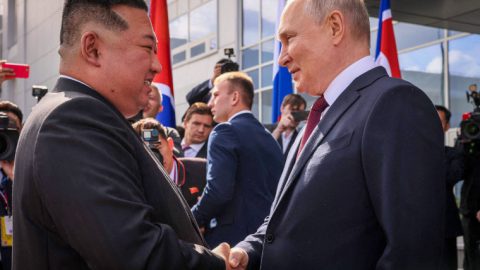
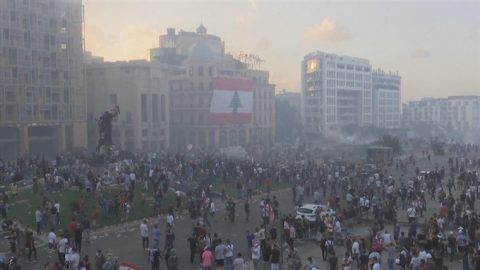
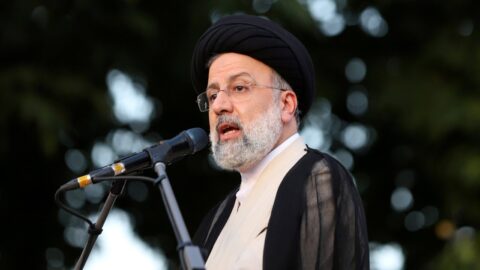
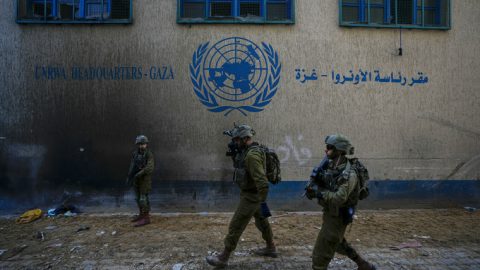
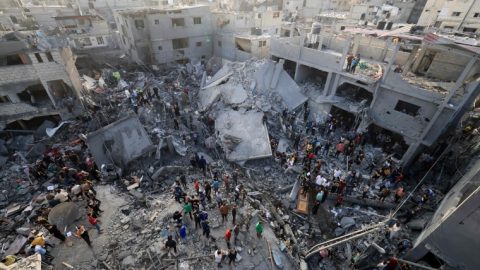
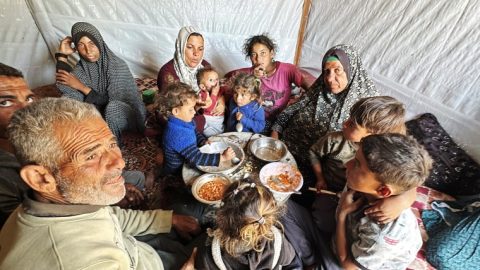
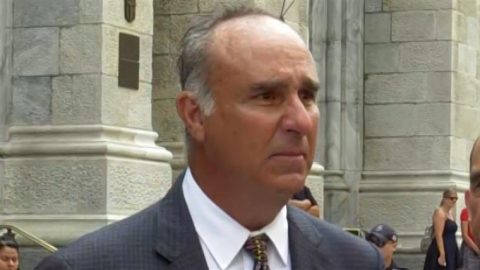
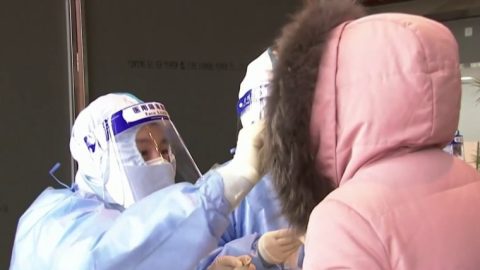
Recent Comments